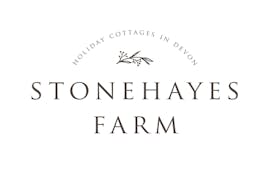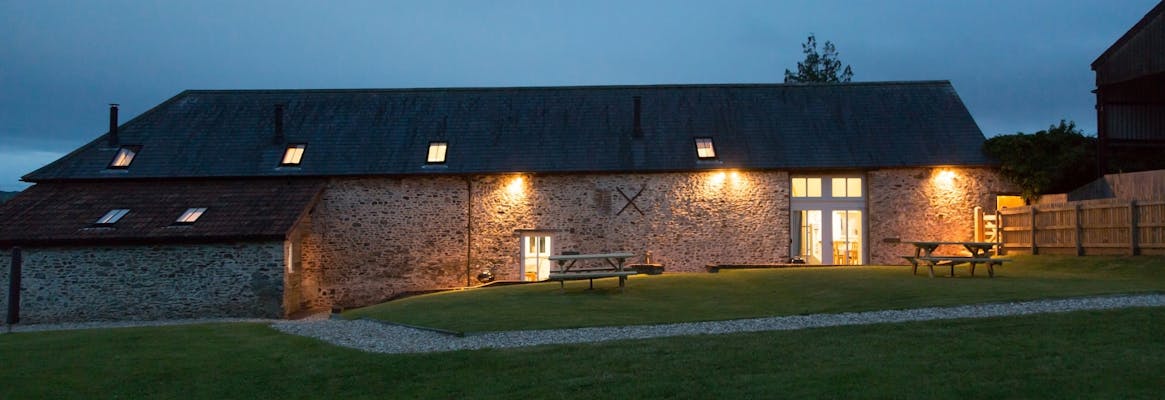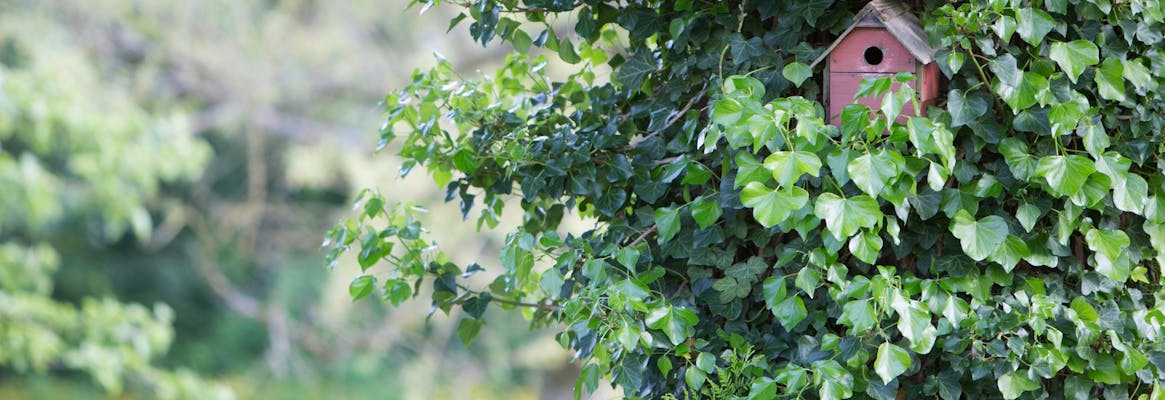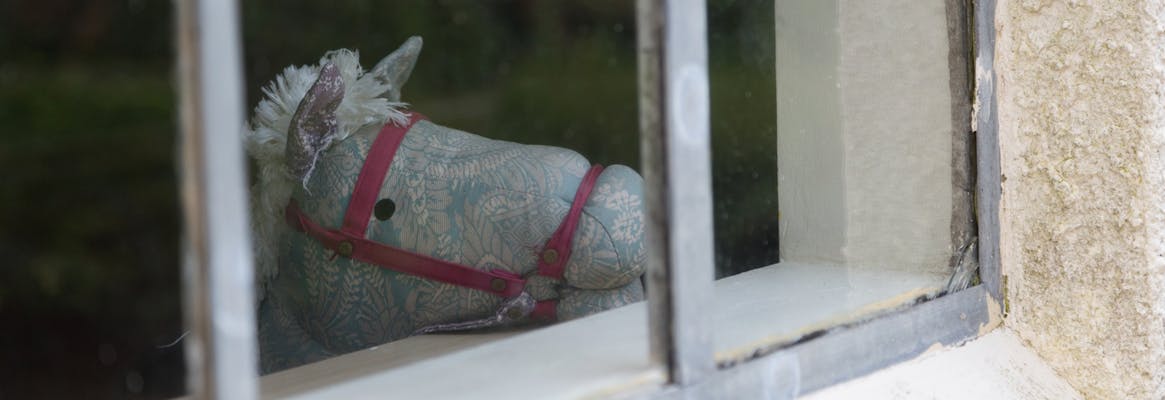The Blackdown Hills National Landscape, Devon and Somerset
The Blackdown Hills are a designated National Landscape that rolls gently along the border of Somerset and Devon; go and explore and you’ll find a beautiful landscape largely untouched by the hand of commercial tourism. There are deep valleys and high plateaus, with narrow winding lanes, lush meadows, and dense woodlands. Quiet villages exist more or less as they have done for decades, save for the advent of the internet and delivery vans. Life goes on peacefully and you’ll find many a welcoming pub where you can chat with the locals and tuck into hearty homemade food.
If you like a good walk, get your OS map out and lace up your boots because there’s no shortage of tracks and trails; the Herepath at Staple Fitzpaine is designed for walkers and cyclists, and at Staple Hill there’s even an Easy Access Point where the less able bodied can enjoy the views that stretch out over the vale of Taunton and far, far away. Tuck a cheese roll or two in your backpack and wind up for a picnic at the top of Culm Beacon or Wellington Monument, both equally staggering vantage points.
The Blackdown Hills provide a rich and varied habitat for wildlife and as you’d expect, there are several nature reserves; among them are the ancient Thurlbear Wood, the former 19th century lime quarry at Bishopswood Meadows, and the Iron Age Hembury Hillfort. Go and spend a quiet hour or so at any of these and you should be rewarded with the sight of spotted orchids, carpets of bluebells, clumps of primroses, birds and butterflies, and if you’re very lucky, a roe deer might come your way. Once part of a Victorian country estate, Otterhead Lakes is also a nature reserve, where you can watch ducks dabbling, trout jumping for flies, and dippers bobbing in the stream.
The hills have their fair share of legend and history, and you don’t have to delve too far to find it. At Coldharbour Mill you can find out how the area fared in the industrial revolution and see traditional textiles, yarns and rugs being made; at Dunkeswell Airfield you can see a fascinating display of memorabilia from the Second World War, then go and sit in the Aviator Café and watch the planes come and go. If you’re near Axminster, stop off at Dalwood and pop your head inside Loughwood Meeting House, one of the first Baptist churches in the UK and stil pretty much as it was in the 18th century.
But we have to say, one of the nicest things to do in these hills is to roll up at one of those cosy country inns and buy yourself a pint of golden cider. Then take it out in the garden, sit at a bench and watch the sun sink down into the valley. Perfick, as we say round here.






